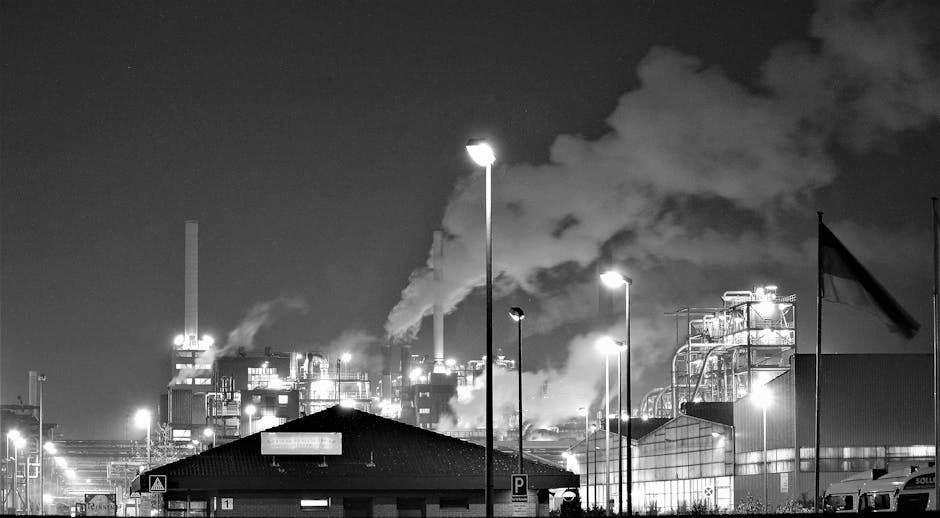Global warming, a phenomenon driven primarily by human activities, poses one of the most pressing challenges of our time. As the Earth's average temperature continues to rise, its far-reaching consequences threaten the well-being of our planet and its inhabitants.
The primary cause of global warming is the release of greenhouse gases into the atmosphere. Human activities, such as burning fossil fuels for energy production and deforestation, contribute significantly to these emissions. Greenhouse gases, like carbon dioxide and methane, trap heat in the Earth's atmosphere, leading to a gradual increase in global temperatures.
The impacts of global warming are already being felt around the world. Rising sea levels due to melting glaciers and polar ice caps pose a threat to coastal communities and infrastructure. Extreme weather events, such as hurricanes, droughts, and wildfires, are becoming more frequent and severe. These events have devastating consequences for human safety, property, and economies.
Climate change also disrupts ecosystems. Changes in temperature, precipitation patterns, and ocean acidification can alter species distribution and behavior, leading to biodiversity loss and disruption of food chains. The consequences of global warming extend beyond physical and environmental impacts. It also affects human health, exacerbating respiratory illnesses, heat stress, and the spread of infectious diseases. Additionally, it has social and economic implications, including displacement of populations, food insecurity, and economic losses.
Addressing global warming requires a concerted effort on both individual and global scales. Reducing greenhouse gas emissions through the transition to renewable energy sources, energy efficiency, and sustainable practices is crucial. It is equally important to promote reforestation and protect natural carbon sinks like forests and oceans.
International cooperation and policy changes are essential. The Paris Agreement, a landmark agreement signed by nearly 200 countries, aims to limit global warming to well below 2 degrees Celsius above pre-industrial levels. However, more ambitious commitments and accelerated action are necessary to meet this target.
Individual choices also matter. Reducing our carbon footprint by adopting sustainable lifestyles, such as using public transportation, conserving energy, and adopting plant-based diets, can contribute to mitigating global warming.
Global warming is a complex and urgent issue that requires immediate action. By acknowledging its severity, understanding its causes and consequences, and working together to reduce greenhouse gas emissions, we can safeguard our planet and ensure a sustainable future for generations to come.

